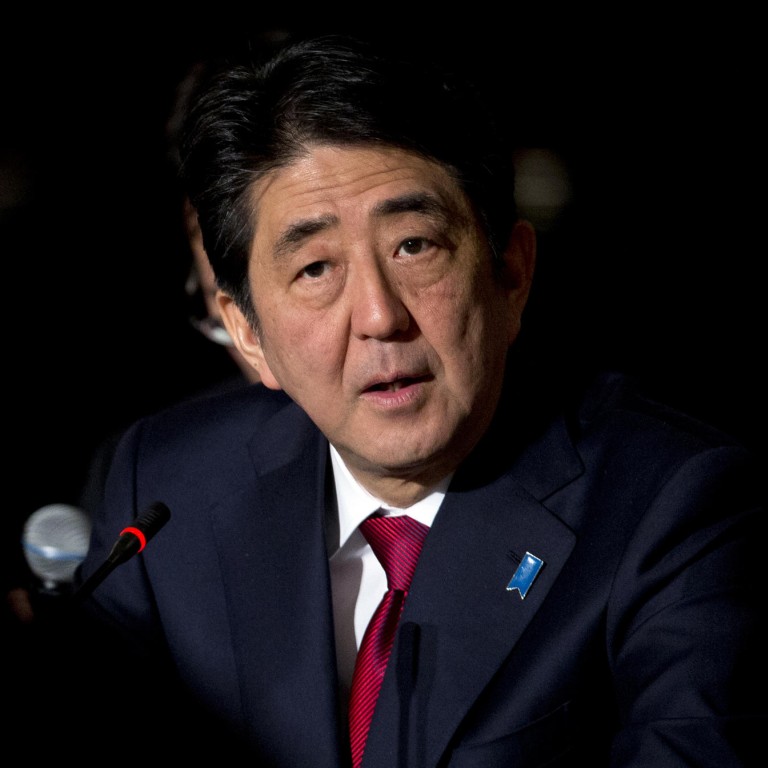
Guard against Japan’s denial of history, says PLA military newspaper
As Europe marks end of second world war, PLA Daily accuses Tokyo of beautifying colonial rule
A Chinese military mouthpiece warned yesterday of the need for a high degree of vigilance against attempts in Japan to deny its history of aggression.
The said some political groups and figures in Japan were still denying the "barbarous crimes" of Japanese aggression, and still "paying homage to the souls of war criminals whose hands are stained with blood".
Japan was still "challenging the intuitive knowledge of mankind" by beautifying colonial rule and invasions, and showing "contempt for historical facts and international justice", the paper said in an editorial.
"To this, we must remain highly vigilant," it said.
The remarks were published hours before President Xi Jinping was set to attend a military parade in Moscow to mark the end of the second world war in Europe.
Last year, as China prepared to mark the 120th anniversary of the first Sino-Japanese war, the , Xinhua and and other party-run media outlets had started running reviews of the period in contemporary Chinese history that some rank as its most shameful.
Sino-Japan relations are plagued by China's bitter memories of Japan's occupation of parts of the country before and during the second world war. Ties have also chilled in recent years over territorial rows and mutual mistrust over Japan's bolder security policies and China's military assertiveness.
China lays claim to almost the entire South China Sea, including parts that the Philippines, Vietnam, Malaysia, Brunei and Taiwan variously claim as theirs.
China, which has repeatedly urged Japan to face up to its past, says Japanese troops killed 300,000 people in the 1937 Nanking Massacre. A post-war Allied tribunal put the death toll at 142,000.
In a speech to US Congress in Washington last month, Japanese Prime Minister Shinzo Abe expressed "deep repentance" over Japan's role in the second world war and upheld statements by his predecessors, but he stopped of issuing an apology.
That drew criticism from those who had hoped Abe would make a strong expression of contrition to placate China and South Korea, where Japan's military past also rankles.
Japanese leaders have repeatedly apologised for the suffering caused by the country's wartime actions, including a landmark 1995 apology by the prime minister at the time, Tomiichi Murayama. But remarks by conservative politicians periodically cast doubt on Tokyo's sincerity.
